How will a new King affect UK-Ireland relations?
The Queen did much to further reconciliation between unionists and Irish nationalists
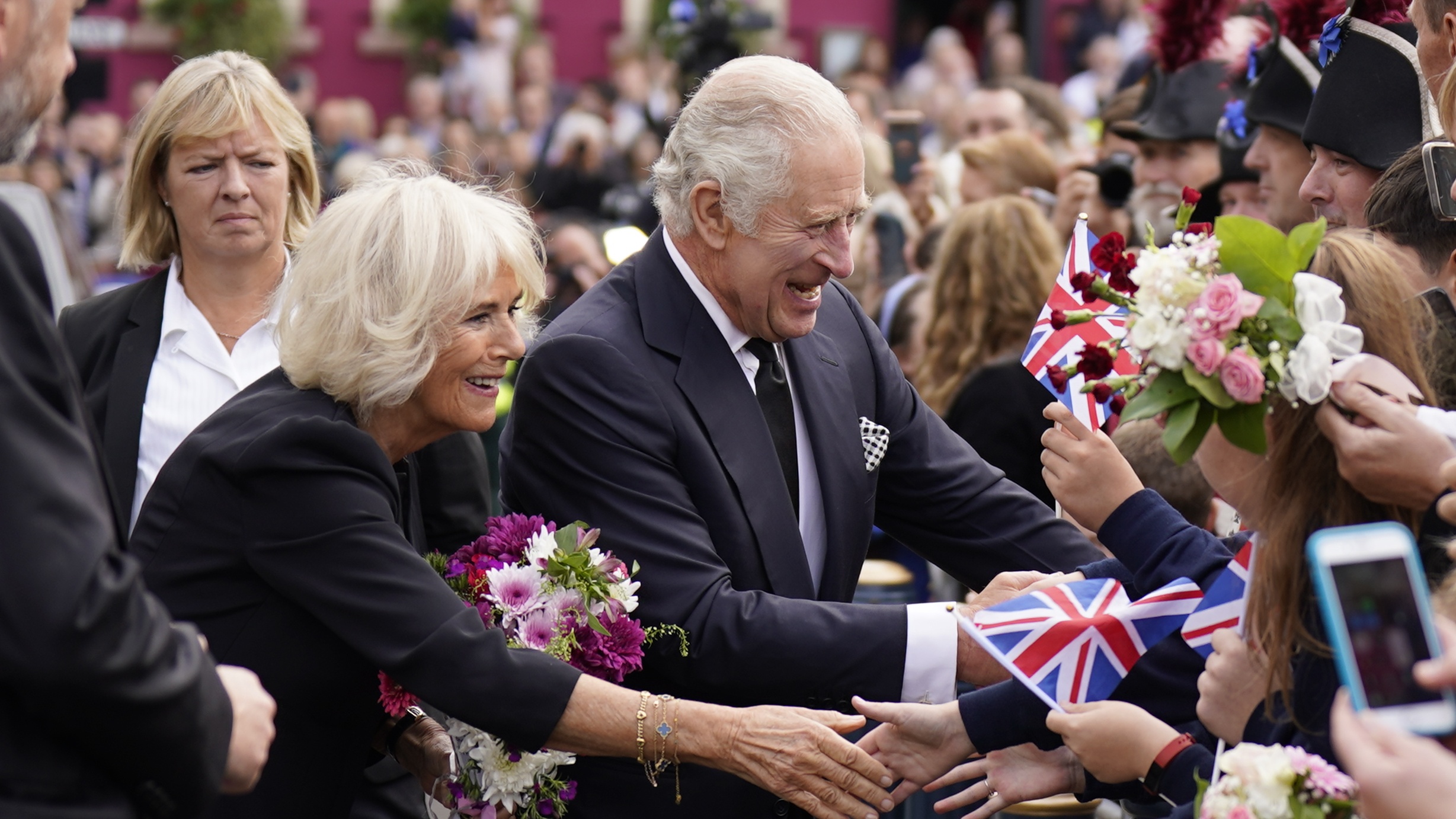
A free daily email with the biggest news stories of the day – and the best features from TheWeek.com
You are now subscribed
Your newsletter sign-up was successful
Charles III has become the first British king in almost 80 years to visit Northern Ireland as he embarked on the next leg of his royal tour of the home nations.
The King and Queen Consort visited Hillsborough Castle, the monarch’s official residence in Northern Ireland, where they met new Northern Ireland Secretary Chris Heaton-Harris and Sinn Féin First Minister-designate Michelle O’Neill, before receiving a message of condolence led by the speaker of the Northern Ireland Assembly. They were then due to travel onwards to Belfast, for a memorial service for the life of the Queen in the Church of Ireland St Anne’s Cathedral.
The King is not a stranger to the region, with his arrival in Northern Ireland marking his 40th visit, “but [it is] his first as monarch and the first time a British king has visited in almost 80 years”, said The Daily Telegraph.
The Week
Escape your echo chamber. Get the facts behind the news, plus analysis from multiple perspectives.

Sign up for The Week's Free Newsletters
From our morning news briefing to a weekly Good News Newsletter, get the best of The Week delivered directly to your inbox.
From our morning news briefing to a weekly Good News Newsletter, get the best of The Week delivered directly to your inbox.
Nevertheless, with Sinn Féin now the largest party in Northern Ireland’s assembly, commemorations for the Queen “put into sharp focus the rapid evolution of Irish republican politics” and its relationship to the crown over the past decade, said Politico.
What did the papers say?
As a “potent symbol of the union”, the Queen became a “major force” for reconciliation with Irish nationalists when she made a state visit to the Republic of Ireland in 2011, the first monarch to do so in “almost century of independence” from Britain, said Reuters.
The monarch made “two striking gestures on that trip” that “transformed her relationship with Ireland”. The first was laying a wreath alongside the then Irish president, Mary McAleese, in honour of the Irish people killed while fighting for independence from Britain. The Queen then spoke a few words in Irish in her address at Dublin Castle, greeting her audience of Irish politicians and diplomats with: “A Uachtaráin agus a chairde (President and friends)”.
The state visit was widely touted as a “triumph”, which proved the “power of a mostly symbolic role” can nevertheless produce “measurable results”, said The Sunday Times. And Sinn Féin has since sought to “build on that moment” – despite initially boycotting the visit – which began a “transformation” of its relationship with the monarchy.
A free daily email with the biggest news stories of the day – and the best features from TheWeek.com
This was perhaps most memorably symbolised by a “four-second handshake” that took place between the Queen and former IRA commander Martin McGuinness, then Sinn Féin’s leader in Northern Ireland, in 2012, said the BBC.
What next for UK-Ireland relations?
With Sinn Féin now Northern Ireland’s largest party and effectively a government-in-waiting, it finds itself a party seeking to “mirror the sombre public mood” in the wake of the Queen’s death, said The Guardian.
The BBC added that Michelle O’Neill had “typified” her party’s new relationship with the monarchy when, “dressed in black, she reflected on the Queen’s contribution to peace and reconciliation”, before she led tributes to the Queen in the assembly chamber where she described the late monarch as “courageous and gracious”.
O’Neill has since further underlined her party’s willingness to build on the reconciliation process with the new monarch, telling reporters she looked forward to working with King Charles III as she signed a book of condolence at Belfast City Hall yesterday. “I’m sure that he will carry on the legacy of building relationships between our two islands,” she said.
The simple fact that the party “has to remind the public where the boundaries are reflects how far its relationship with the Royals has travelled,” said Enda McClafferty, the BBC’s Northern Ireland editor, with the party choosing to replace royal boycotts with “a maturing relationship with the monarchy”.
Nevertheless, as a republican party, Sinn Féin’s “ultimate aim is taking Northern Ireland out of King Charles’s realm”, said Chris Page, the BBC’s Ireland correspondent. Should there come a referendum on Irish unity, “the King will not be able to express an opinion”. But his decision to visit Northern Ireland and the other devolved home nations of the UK “will be seen as demonstrating his commitment to the union”, said Page.
The new King is hardly a stranger to Northern Ireland’s finely balanced political dynamics, said The Guardian, noting that during his time as Prince of Wales he made many visits to the region, where he sought to “reassure unionists that they were a cherished part of the UK while reaching out to republicans”, even shaking hands with alleged former IRA member and one-time Sinn Féin president Gerry Adams in 2015.
It is a role the Irish Taoiseach Micheál Martin was keen to highlight as he told the broadcaster that the Queen’s death was a reminder to the UK and Ireland that they need to “proactively nurture” the relationship between the two nations.
The Taoiseach also “pointed out” that the Royal Family “had suffered their own hurt with the killing of Lord Mountbatten, the Duke of Edinburgh’s uncle, in an IRA bombing”, said the BBC.
“All of that has helped the cause of reconciliation – the basic idea we have a lot in common now,” said Martin.
-
 Sepsis ‘breakthrough’: the world’s first targeted treatment?
Sepsis ‘breakthrough’: the world’s first targeted treatment?The Explainer New drug could reverse effects of sepsis, rather than trying to treat infection with antibiotics
-
 James Van Der Beek obituary: fresh-faced Dawson’s Creek star
James Van Der Beek obituary: fresh-faced Dawson’s Creek starIn The Spotlight Van Der Beek fronted one of the most successful teen dramas of the 90s – but his Dawson fame proved a double-edged sword
-
 Is Andrew’s arrest the end for the monarchy?
Is Andrew’s arrest the end for the monarchy?Today's Big Question The King has distanced the Royal Family from his disgraced brother but a ‘fit of revolutionary disgust’ could still wipe them out
-
 Is Andrew’s arrest the end for the monarchy?
Is Andrew’s arrest the end for the monarchy?Today's Big Question The King has distanced the Royal Family from his disgraced brother but a ‘fit of revolutionary disgust’ could still wipe them out
-
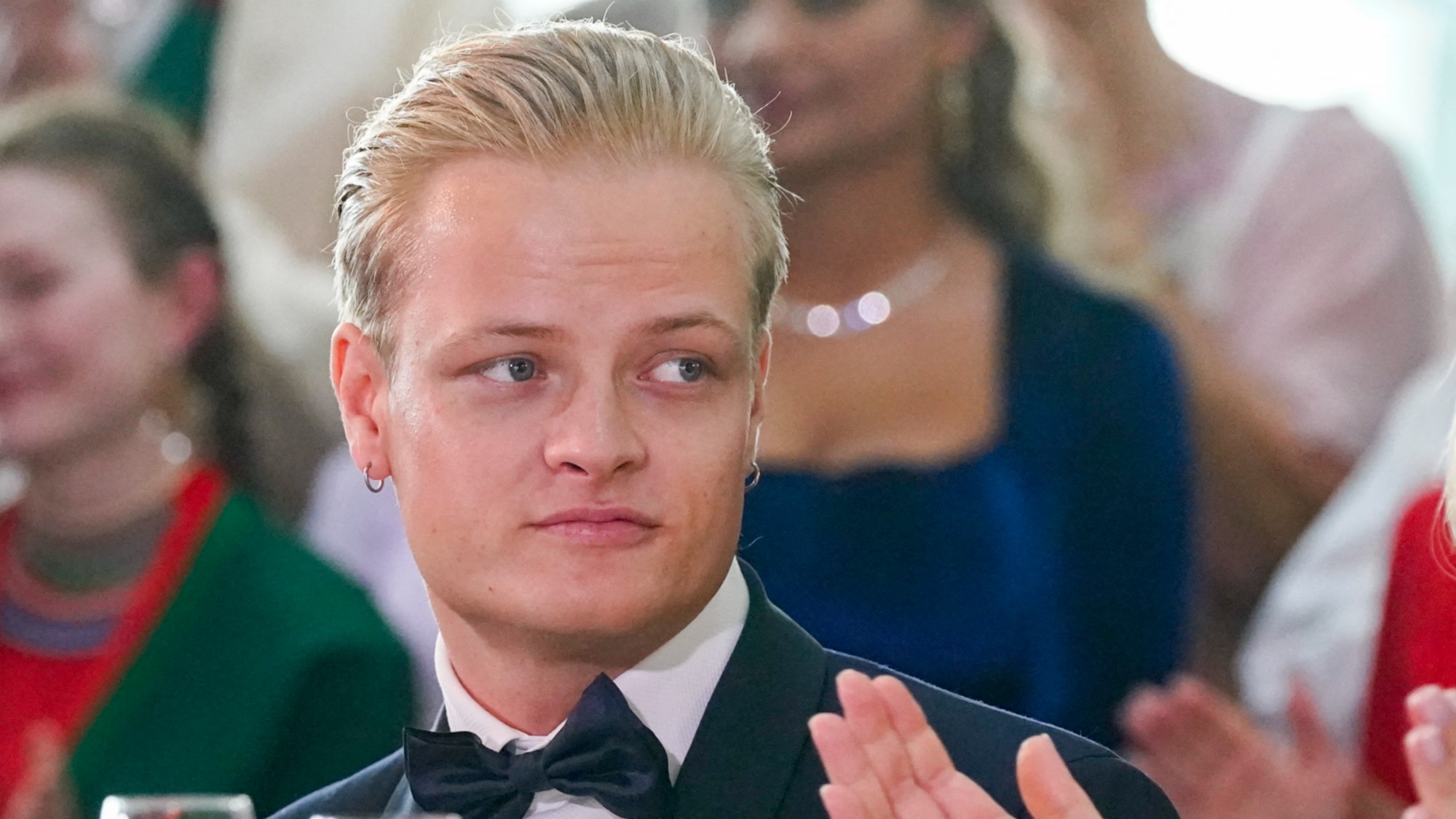 Norway’s scandal-hit royals
Norway’s scandal-hit royalsIn the Spotlight Rape trial of Marius Borg Høiby, son of the crown princess, adds to royal family's ‘already considerable woes’
-
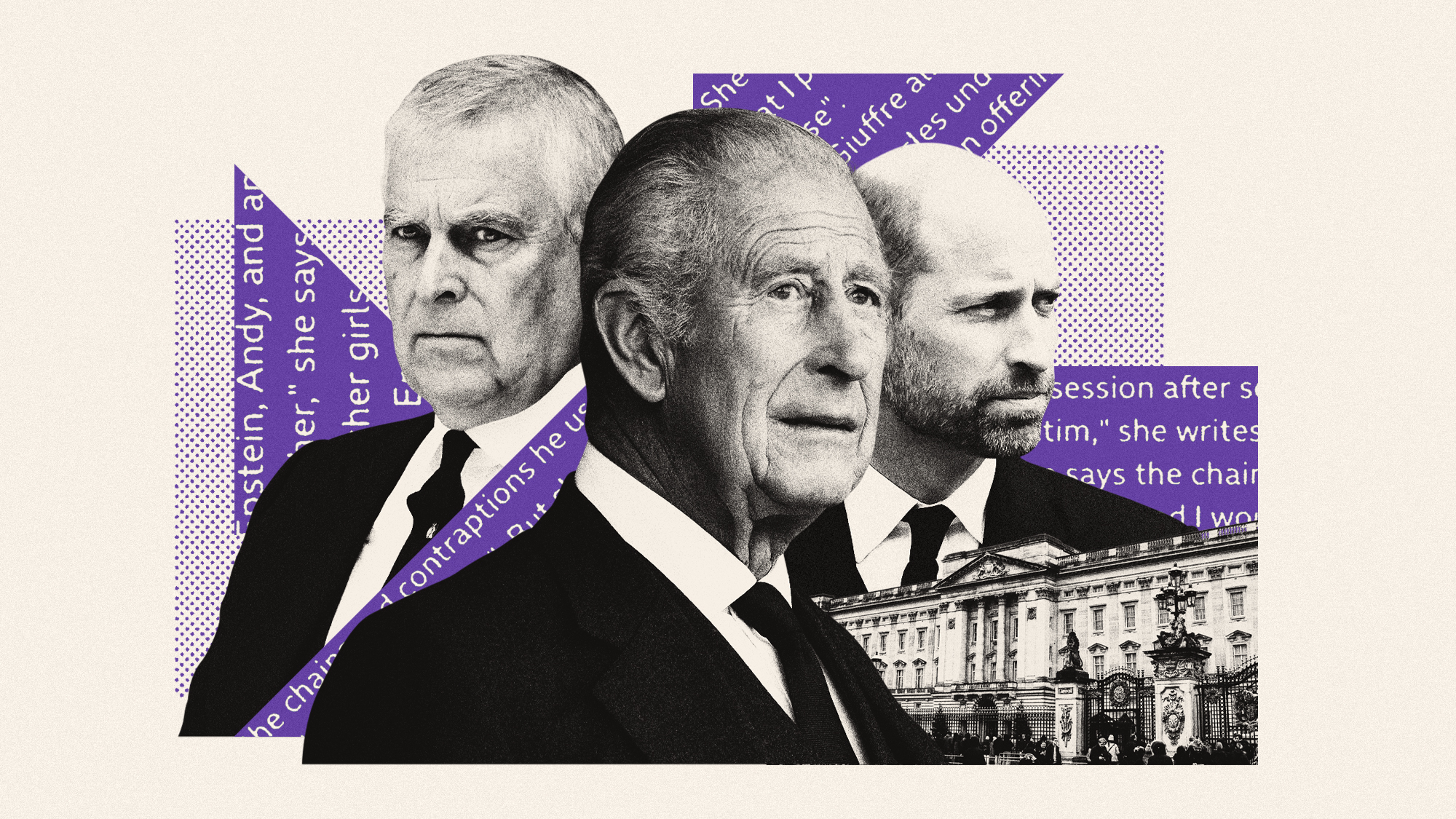 Prince Andrew: is the royal family doing enough?
Prince Andrew: is the royal family doing enough?Today’s Big Question King Charles faces calls for tougher action against Andrew after latest allegations about Virginia Giuffre and Jeffrey Epstein
-
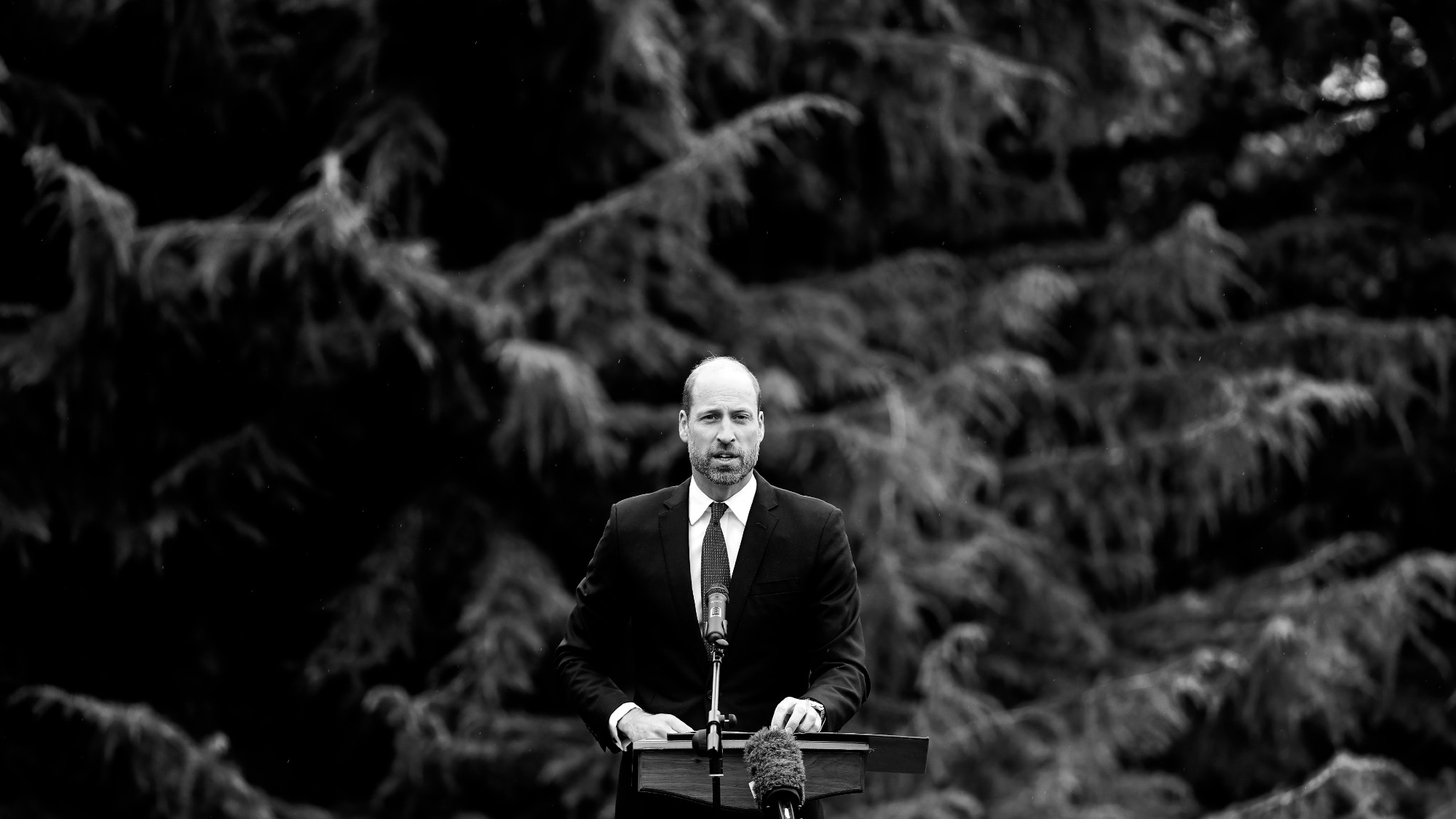 What will William be like as king?
What will William be like as king?Today's Big Question Prince of Wales said he won’t be ‘restricted’ by history when he takes the throne
-
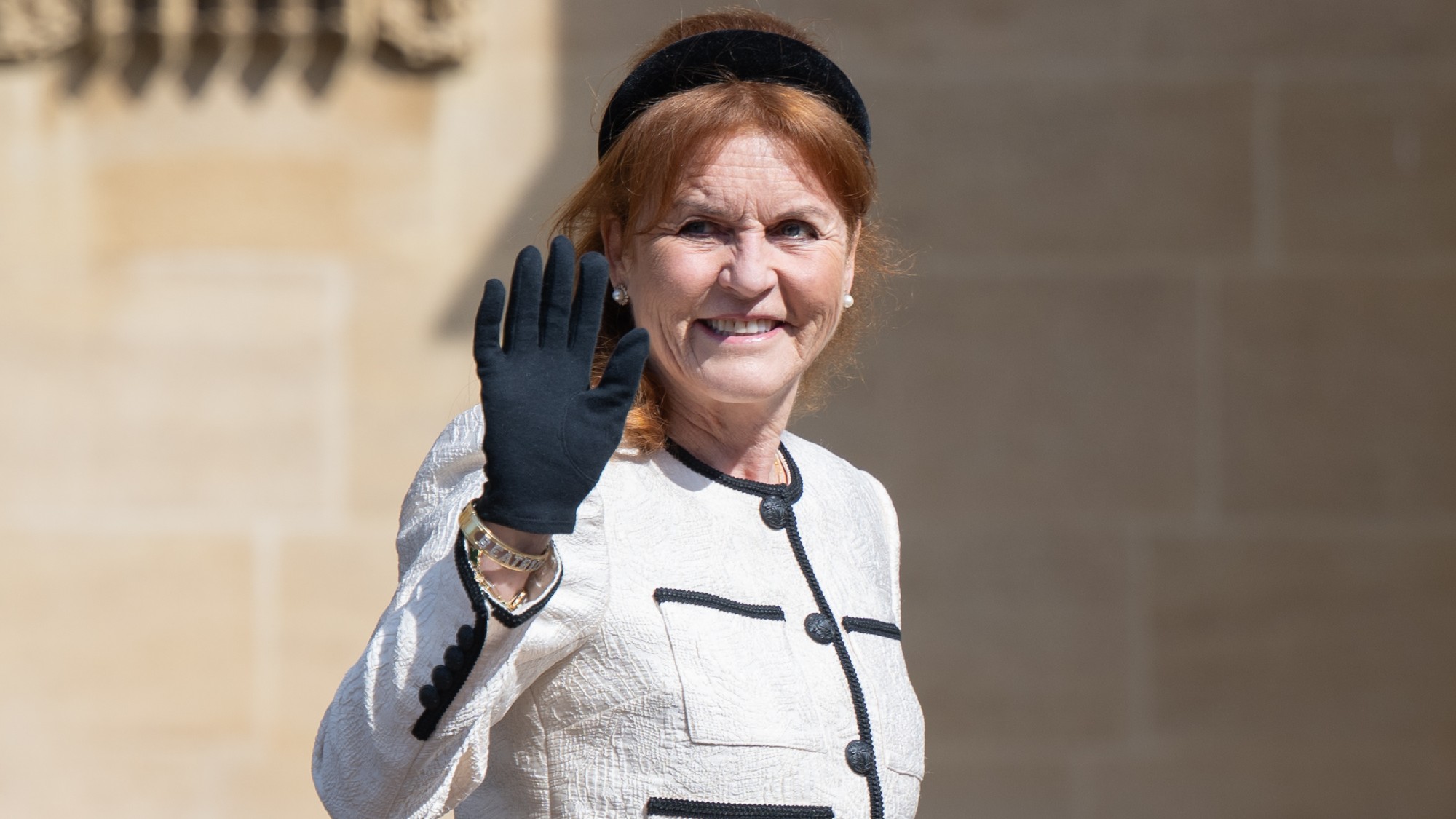 Sarah Ferguson: a reputation in tatters
Sarah Ferguson: a reputation in tattersIn the Spotlight After emails surfaced revealing ties to Jeffrey Epstein, weeks after she claimed to cut contact, her charities are running for the hills
-
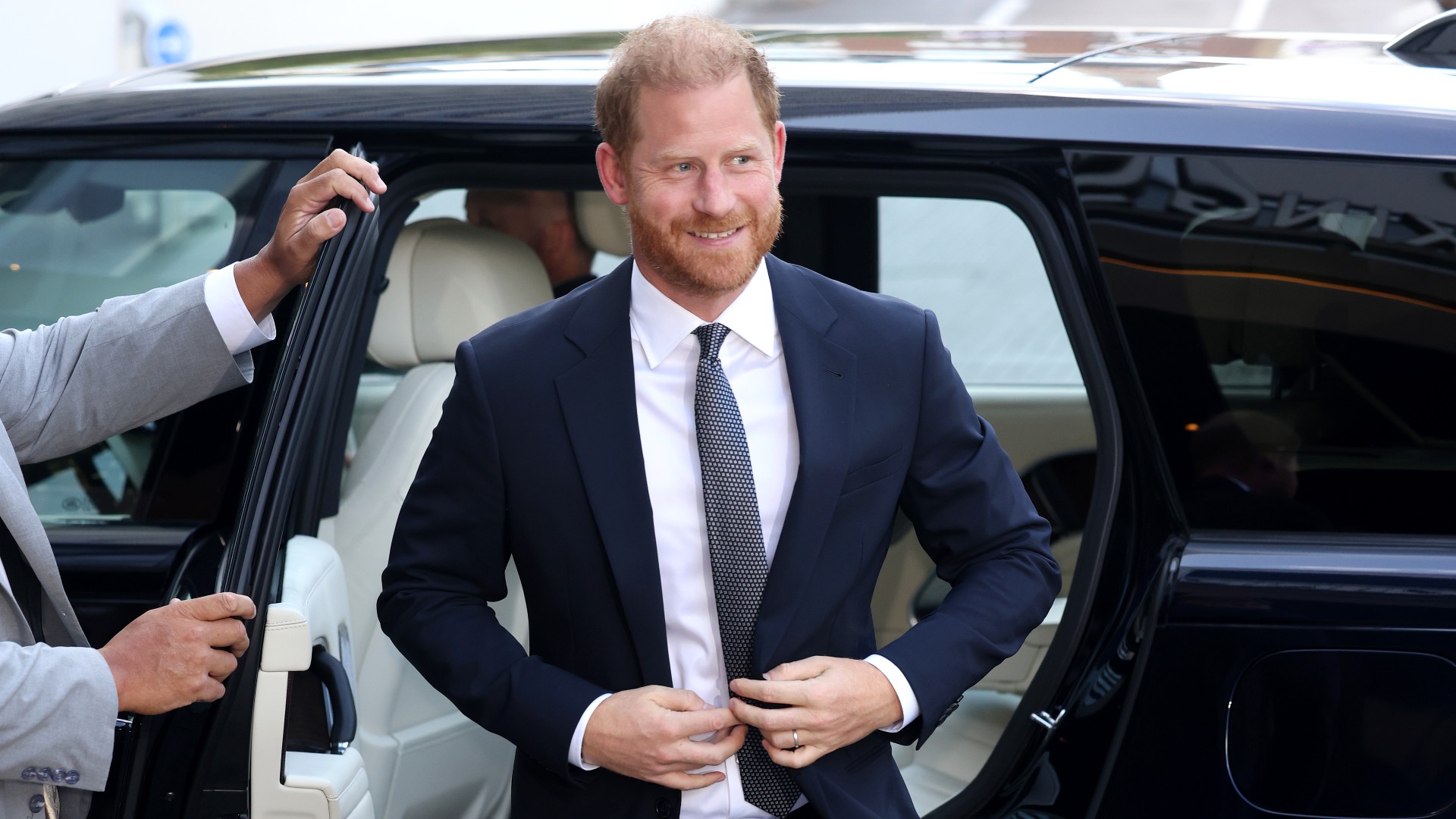 Prince charming: Harry’s tea with King sparks royal reconciliation rumours
Prince charming: Harry’s tea with King sparks royal reconciliation rumoursTalking Point Are the royals – and the UK public – ready to welcome the Duke of Sussex back in?
-
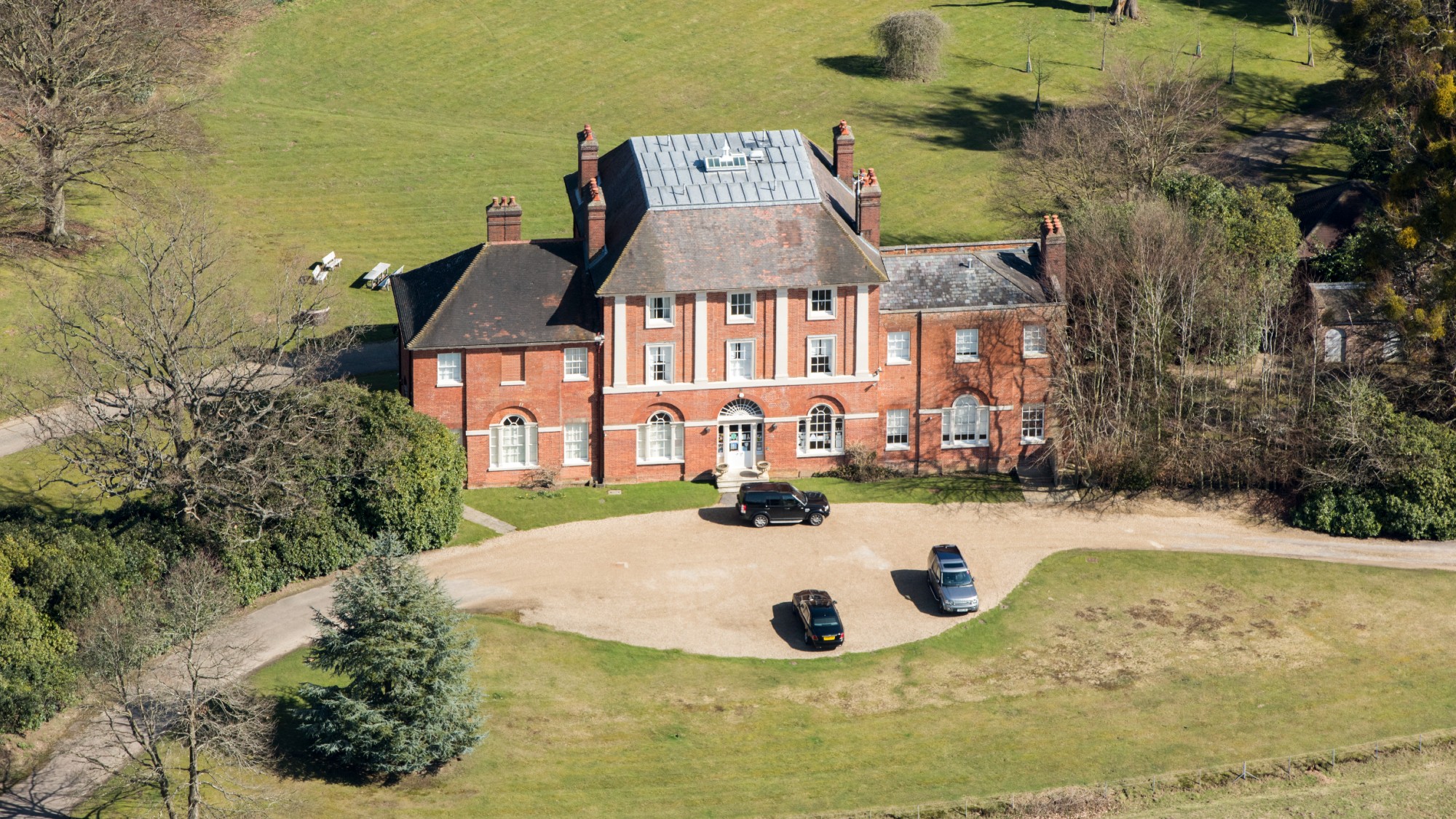 Forest Lodge: William and Kate's new home breaks with royal tradition
Forest Lodge: William and Kate's new home breaks with royal traditionIn the Spotlight Wales' said to hope move to 'forever home' in Windsor Great Park will 'leave unhappy memories behind'
-
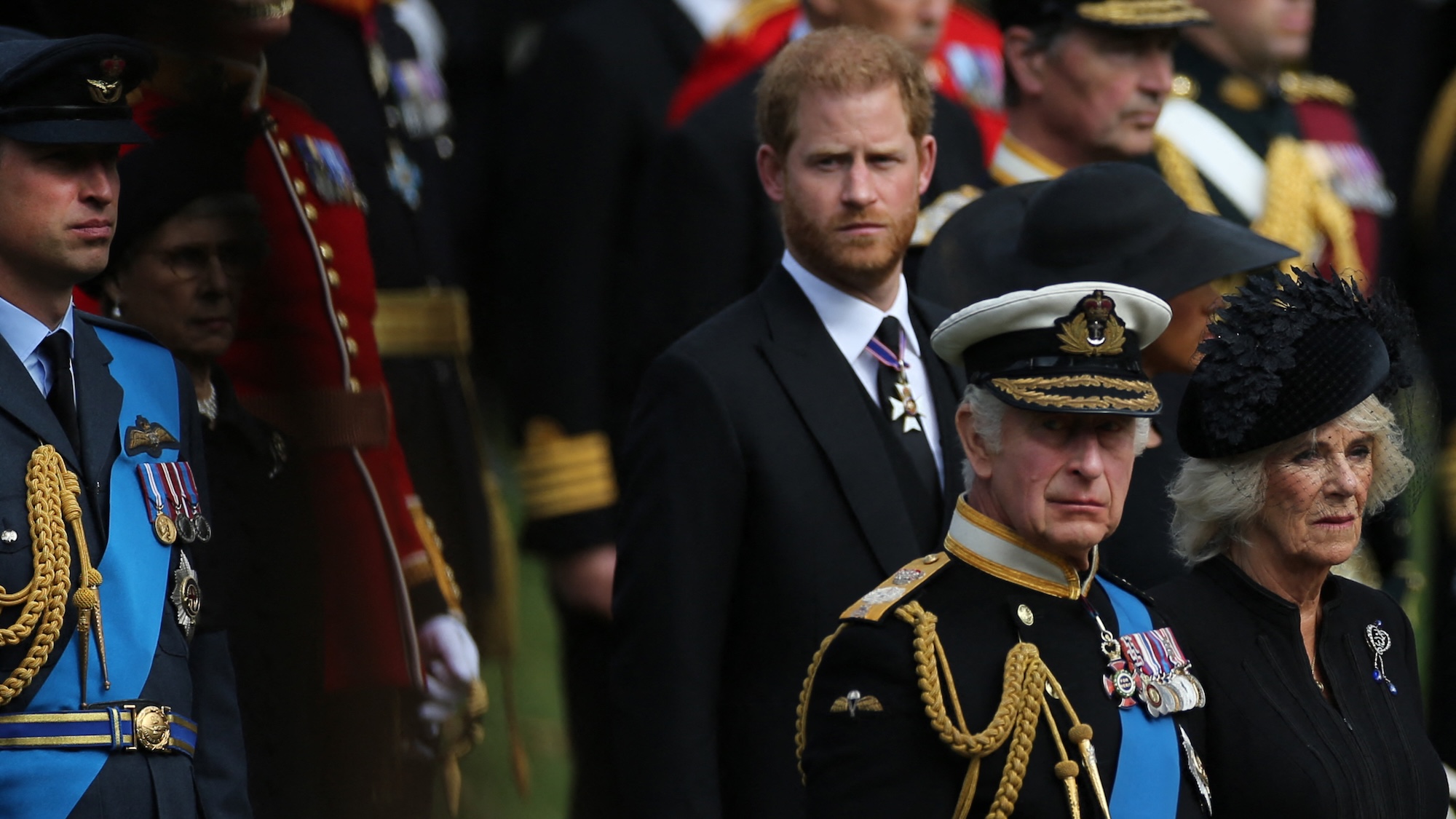 King Charles and Prince Harry: peace in our time?
King Charles and Prince Harry: peace in our time?Talking Point Leaked images of a secret meeting between royal aides suggest a dialogue is beginning to open up